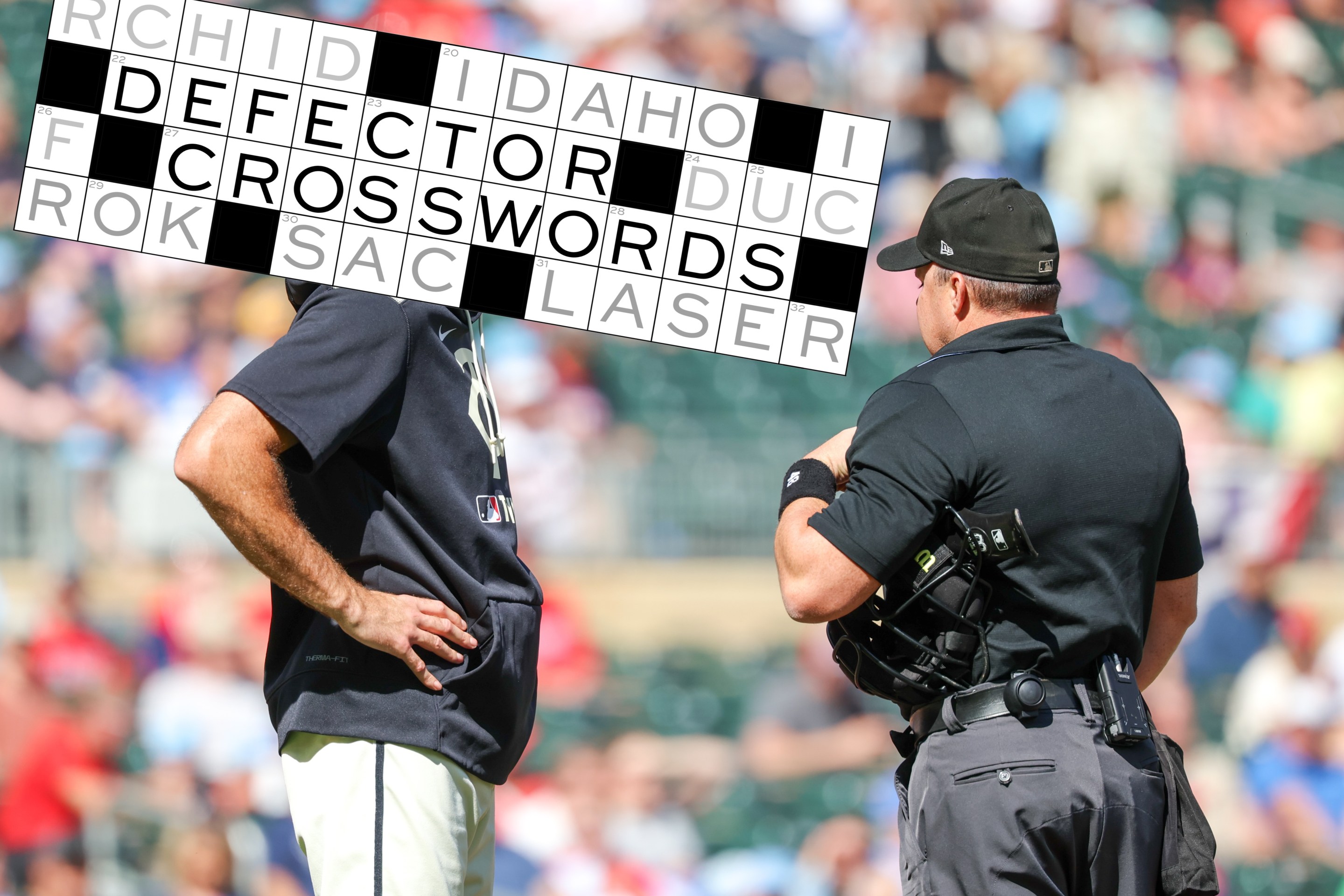The loud clanks must've worked.
When the Boston Celtics blew a 17-point lead to the Miami Heat in the second half of Game 2, in combination with blowing a 14-point lead in Game 1, a few players went nuts in the locker room, the resulting noise of which could have been the genesis for an experimental album of some kind. Afterward, head coach Brad Stevens gathered the team's leaders—Kemba Walker, Marcus Smart, Jaylen Brown, and Jayson Tatum—at the resort for a more subdued heart-to-heart-to-heart-to-heart-to-heart. It may have been the open, honest conversation that turned the Celtics' fortunes around in Game 3, but I'd like to think it was mostly the loud clanks.
Smart's anger was due to what he felt was a lack of urgency from his teammates, and the Celtics certainly looked more engaged Saturday night. Boston held a 63-50 lead after the first two quarters, but the real concern was whether the Heat would claw back as they had before. The Celtics saw their lead shrink to five in the fourth quarter, and Smart made the puzzling decision to drive to the basket in the final minute with 15 seconds remaining on the shot clock, but he was bailed out with a foul and sank both his free throws. For a brief moment the margin was dicey, but in its own way, that served as a test for the Celtics in how they'd react to a familiar uneasiness. This time, Boston held on to accomplish the wire-to-wire win over Miami, 117-106.
The victory was a true team effort. The Celtics hammered the Heat in the paint, outscoring them 60-36, and the four players at that late-night hotel confab each scored at least 20 points. Oh, and Gordon Hayward, who missed a month with an ankle sprain, returned to score six points in 31 minutes. Good for you, Mr. Education Reform! (There will be some C's fans who say the Heat are really in trouble now that Hayward is back, but I'm not sure even Gordon Hayward believes that. His primary purpose in the series will be to "do the things that don't show up on the stat sheet" and allow Stevens to not rely on worse bench players.)
Loud clanks aside, it's tough to predict how a team will function after a locker-room catharsis. That kind of blowup is fun to hear about, and it's a thrill to hear who threw what or who had to be held back from their teammate, the coach, or the poor old equipment manager, but it doesn't always indicate irreparable dysfunction. Sometimes, it really does help to get out those emotions, so long as no one ends up missing the next game because they were hit in the eye with a deodorant stick. This obviously doesn't project how the rest of the series will go, but honest communication certainly gives the Celtics a better chance.






